Attractive investment environment and sustainable development vision
An attractive investment environment and clear strategic directions are the main driving forces behind the development of the manufacturing industry in Vietnam. The presence and development of FDI enterprises, along with the aspirations of domestic enterprises, have created a positive flow, promising a prosperous future.
Hanoi Supporting Industry Exhibition (FBC ASEAN 2025).
Mr. OGAWA TSUYOSHI, Director of TKR Manufacturing Vietnam Co., Ltd., a 100% Japanese-owned enterprise specializing in the production of metal components, shared the reason why TKR chose Vietnam as an investment destination. TKR has been present in Vietnam since 2018 and has been operating for more than 7 years with a factory with more than 500 employees. Vietnam still has many opportunities for growth and development in ASEAN, so TKR hopes to develop together with companies and have more businesses know the TKR name. With plans to expand production, build a third factory and invest in equipment to perform internal circuit board assembly in 2027, TKR aims to increase revenue to VND 1,847 billion and operating profit to VND 107 billion. This shows the strong belief of foreign enterprises in Vietnam's development potential.
Sharing the same view, Mr. Hamada Shogo, General Director of DAIWA Vietnam Co., Ltd. (100% Japanese capital) with nearly 30 years of operation in Vietnam, emphasized that Vietnam's open-door policy and active participation in signing free trade agreements (FTAs) have created many opportunities. Vietnamese enterprises and the policies of the Vietnamese Government in recent times have been creating motivation to support local platform enterprises and enterprises supplying spare parts for the industrial sector. Not only FDI enterprises, but also local enterprises in Vietnam are being upgraded in quality, able to compete equally with other enterprises in the world .
In addition, the simplification of administrative procedures is also a big plus. Mr. Hamada Shogo agrees with the State's policies related to administrative procedure reform, which helps to significantly shorten the implementation time, contributing to improving the competitiveness of enterprises.
It can be seen that Vietnam is increasingly becoming an attractive destination for manufacturing investors thanks to its favorable business environment, flexible open-door policies and the Government 's strong commitment to supporting businesses. This not only attracts foreign capital but also creates momentum for domestic enterprises to develop, gradually affirming their position in the global value chain.
Enhance internal capacity and the desire to "buy together, sell together"
Despite facing many challenges, Vietnamese enterprises are constantly striving to improve production capacity, seek innovative solutions to optimize costs and enhance competitiveness. The FBC ASEAN 2025 event is a clear demonstration of this spirit, opening up new and promising directions.
Mr. Dang Thanh Binh, Director of TCI Industrial Joint Stock Company, a machine parts processing and automation machinery manufacturing enterprise with nearly 20 years of experience, shared: With more than 19 years of operation, TCI specializes in designing, manufacturing machines, and automation for Japanese FDI enterprises, processing precision mechanical components for export to Japan, the US, and Europe. Nearly 100% of TCI's precision mechanical components are exported to the Japanese market. TCI's brand has been positioned in the hearts of major customers, especially FDI corporations investing in Vietnam such as Sumitomo, Panasonic, and Denso. Compared to 2024, TCI's sales have grown by 10-15% this year.
However, in addition to the achieved results, TCI also faces challenges in terms of taxes and investment laws of enterprises. Therefore, TCI must also improve its system of cost-related processes to optimize prices and ensure competitiveness in the market. The biggest difficulty for small businesses today is accessing support policies from the State, barriers to loans, factory construction, tax incentives and quality management when participating in the global supply chain. The problem of imported raw materials is also a "weakness" that makes product prices difficult to compete.
To proactively adapt, TCI has its own plans. Specifically, TCI is also promoting the search for other customers from Europe and the US; exporting directly to the Japanese market, where TCI previously mainly exported PARTS (components), in recent years TCI has focused more on exporting automation solutions to the above markets. TCI also focuses on investing in people through training, improving technical skills and soft skills for officers and employees.
On the side of the Vietnam Association of Supporting Industries (VASI), Chairman Phan Dang Tuat proposed breakthrough solutions. Mr. Tuat emphasized that manufacturing industry enterprises require and need extremely unique policies to have the opportunity to develop and compete with manufacturing enterprises from countries in the region, especially China. He proposed a policy of providing government support services such as testing and inspection centers for goods so that enterprises with quality certificates can join the global game, or startup centers with factories for enterprises to rent to manufacture trial products.
A big idea being discussed by the VASI Association is the policy of "group buying, group selling". With this policy, Vietnamese enterprises will connect together and buy the same type of material in large quantities at a cheaper price. This will optimize prices and logistics costs compared to each enterprise asking to buy in small quantities. The Association has repeatedly proposed that the Government act as a focal point for centralized purchasing of raw materials in large quantities, then enterprises buy them in retail, with an estimated price reduction of 5-10%. "We believe that in the near future, there will be no type of component that Vietnam cannot produce," said Hamada Shogo of DAIWA, also expressing optimism about the industry's prospects.
The VASI Association is moving towards an even bigger idea, moving from manufacturing components to supplying complete product assemblies and products. Mr. Phan Dang Tuat commented: “If businesses only stop at manufacturing components, their dependence on the market will increase. Therefore, we must work together to manufacture complete product assemblies or complete products.” Currently, nearly 90% of the elite enterprises in the Vietnamese manufacturing industry are members of VASI, with modern, giant production facilities and a desire to manufacture complete products.
FBC ASEAN 2025 is not only a place for trade, but also an important bridge for ideas. With the expansion of scale, from 250 enterprises last year to 370 enterprises this year, FBC ASEAN is creating many opportunities to meet, negotiate and form practical work. The organizing committee of FBC ASEAN 2026 aims to expand to attract participation from the international community, increase the number of visitors to 30,000 people, and play a strong connecting role between companies around the world and Vietnamese enterprises.
Vietnam’s manufacturing industry is at an important turning point. With proactive adaptation from businesses, innovative policy proposals from associations and strong support from the Government, along with a solid foundation from FDI enterprises, Vietnam is taking steady steps on the path to upgrading its manufacturing industry, from just producing components to manufacturing finished products, affirming its position on the world industrial map.
Source: https://baotintuc.vn/kinh-te/viet-nam-nang-tam-nganh-san-xuat-thich-ung-voi-xu-the-moi-20250918114508893.htm


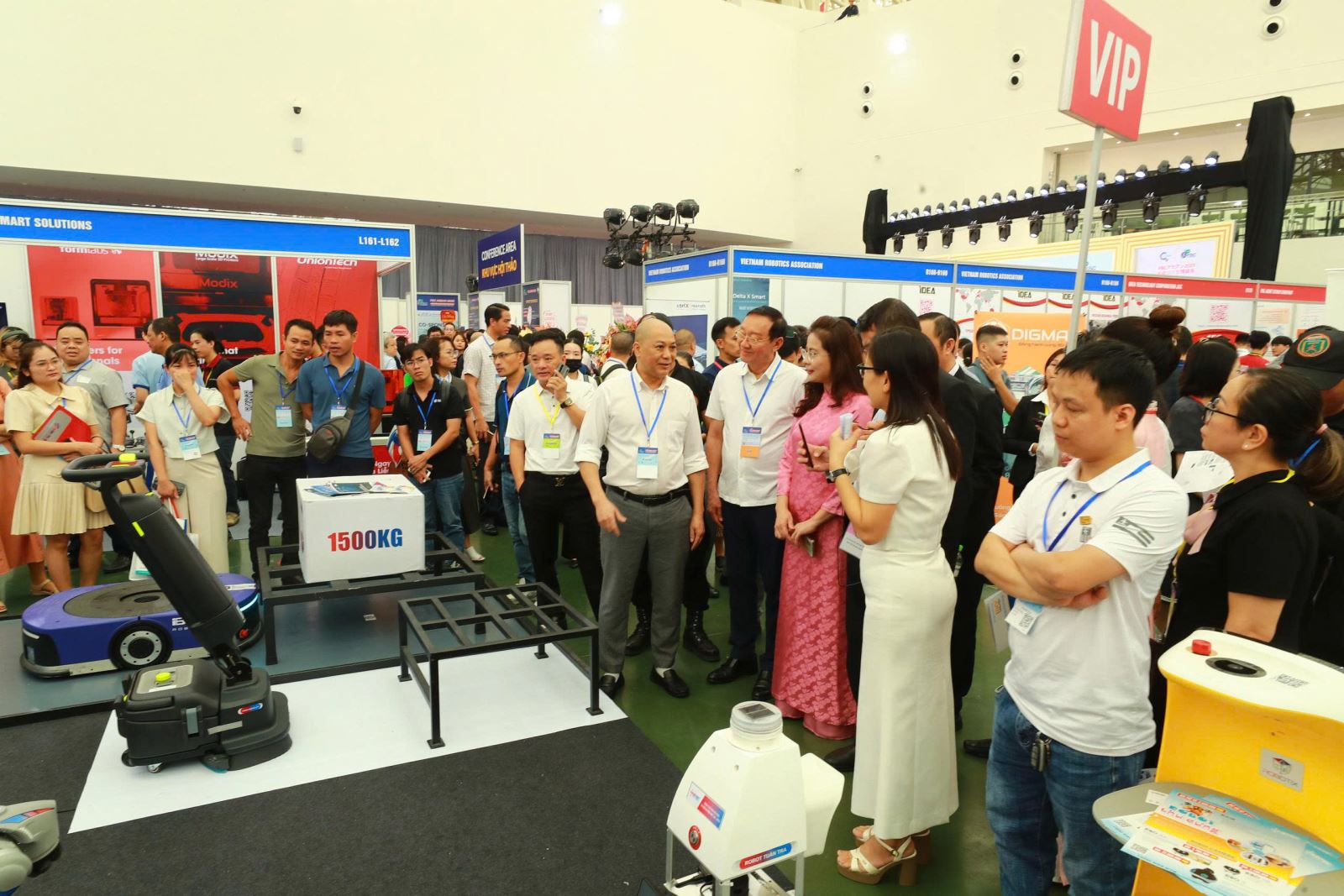

![[Photo] Students of Binh Minh Primary School enjoy the full moon festival, receiving the joys of childhood](https://vphoto.vietnam.vn/thumb/1200x675/vietnam/resource/IMAGE/2025/10/3/8cf8abef22fe4471be400a818912cb85)
![[Photo] Prime Minister Pham Minh Chinh chairs meeting to deploy overcoming consequences of storm No. 10](https://vphoto.vietnam.vn/thumb/1200x675/vietnam/resource/IMAGE/2025/10/3/544f420dcc844463898fcbef46247d16)



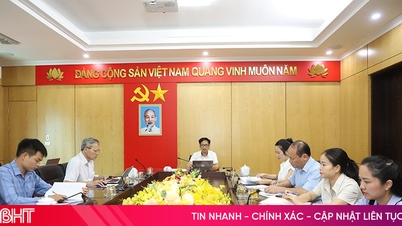









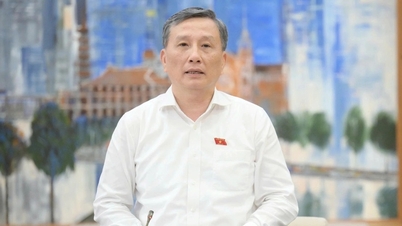

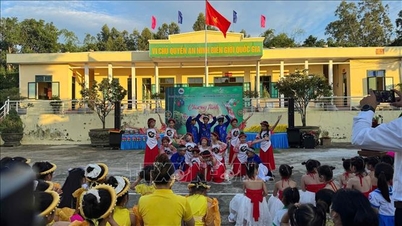

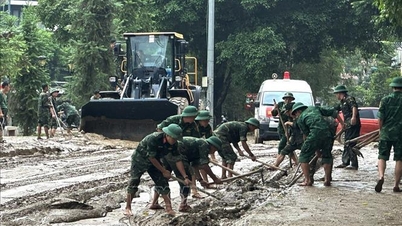

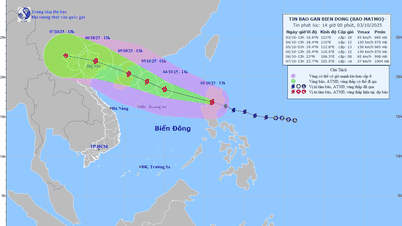
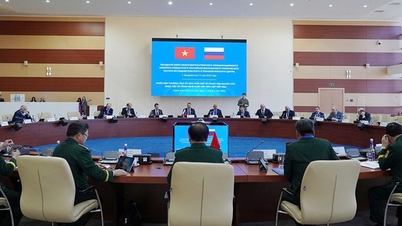





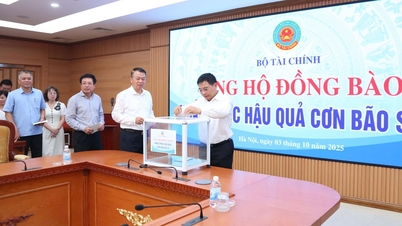
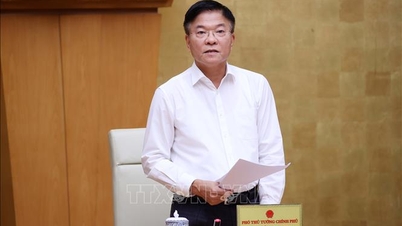
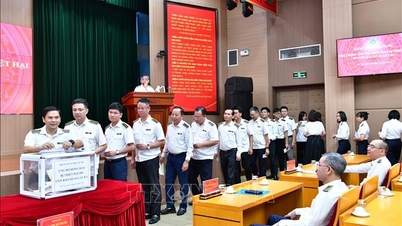
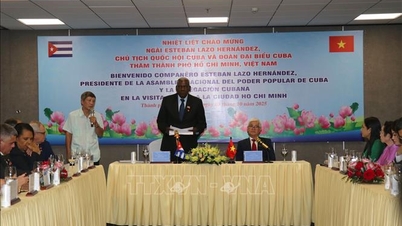
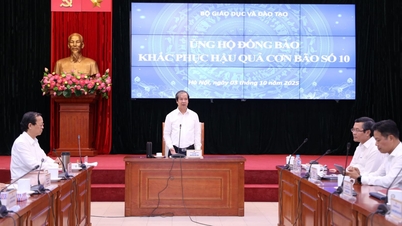














































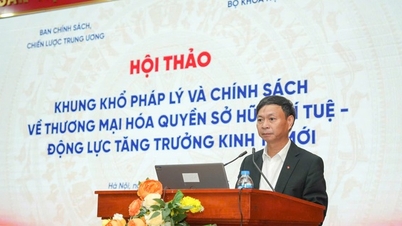

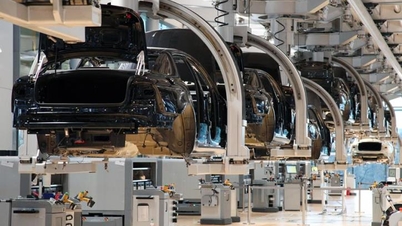
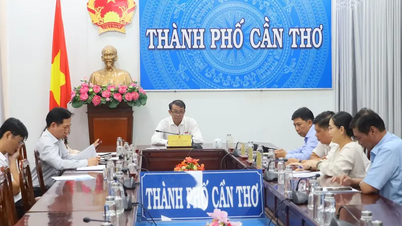





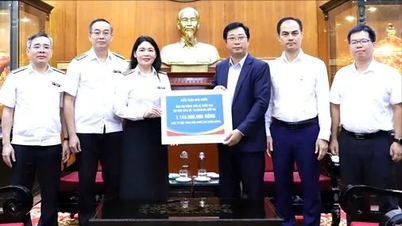
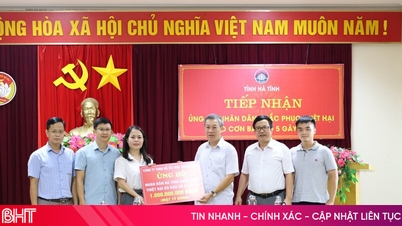
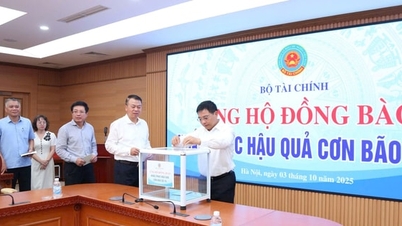












Comment (0)